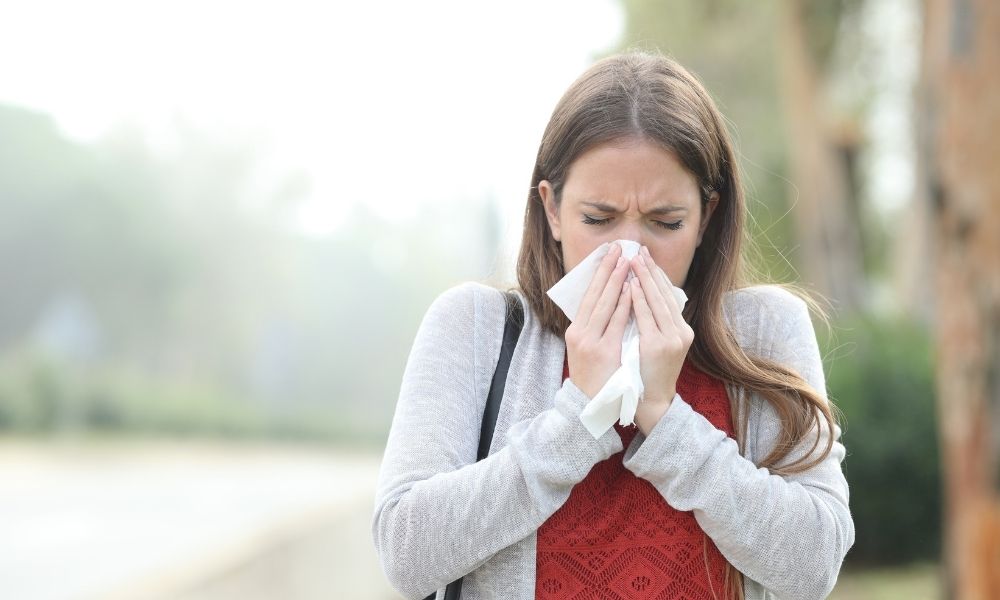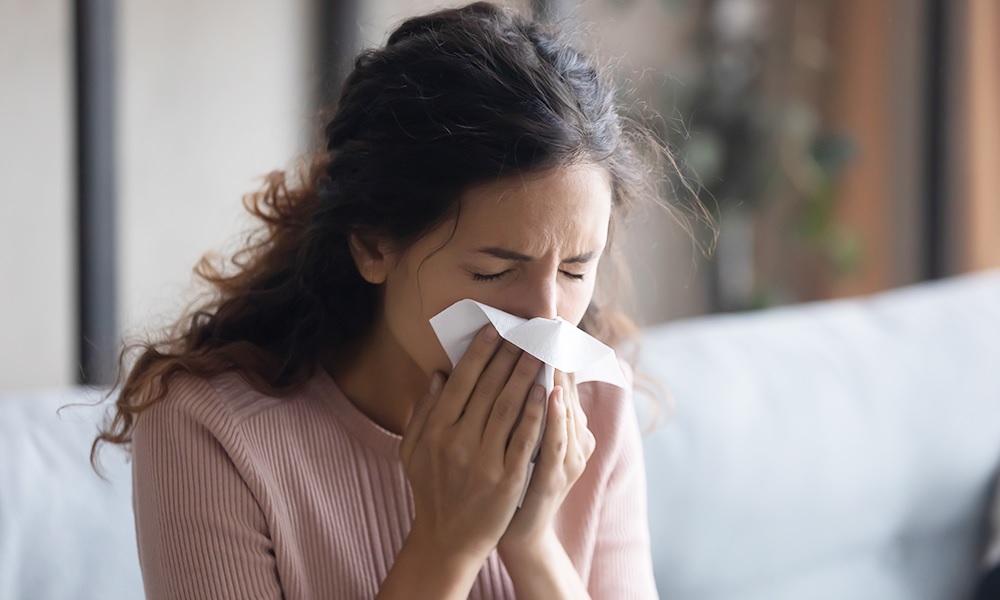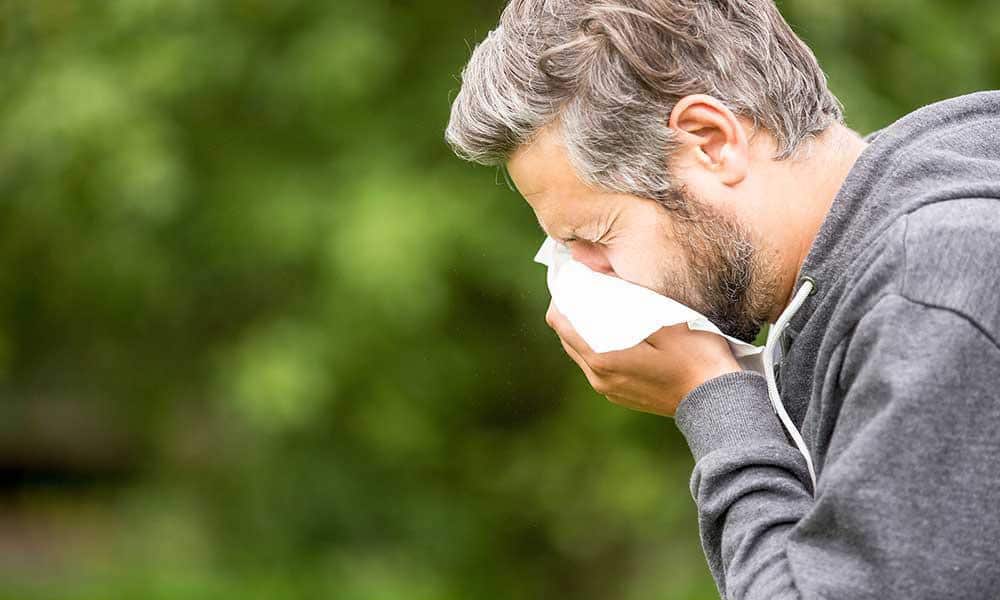Climate change has become a major concern around the world, and its effects are being felt in different sectors of our lives. One area that has been impacted by climate change in recent years is allergies. Climate change is altering the timing and intensity of pollen seasons, leading to an increase in the number of people suffering from allergies.
What is Climate Change?

Climate change refers to the long-term changes in the Earth’s climate, including changes in temperature, precipitation, and weather patterns. These changes are primarily caused by human activities such as the burning of fossil fuels and deforestation, which release greenhouse gases into the atmosphere.
How Climate Change is Affecting Allergies
Climate change is affecting allergies in several ways. One of the most significant impacts is the lengthening of the pollen season. With warmer temperatures, trees, grasses, and weeds are producing pollen earlier and for a longer period, which exposes people to higher pollen concentrations for a more extended period.
Climate change is also making pollen seasons more intense. The increase in carbon dioxide levels in the atmosphere is causing plants to produce more pollen, which can cause more severe allergic reactions. Additionally, the warmer temperatures are causing some plants to produce more potent pollen, making allergies more severe for those affected.
Another way climate change is affecting allergies is by altering the geographic distribution of allergenic plants. As temperatures warm, some plants are moving into new areas and thriving where they didn’t before, exposing new populations to allergens.
The Health Implications of Climate Change and Allergies
Climate change and allergies have significant health implications. Allergic reactions can range from mild symptoms such as itchy eyes and a runny nose to severe anaphylactic shock, which can be life-threatening. Allergic reactions can also exacerbate other health conditions such as asthma, which can be especially dangerous for children and the elderly.
Climate change is also affecting air quality, which can worsen allergies. Warmer temperatures and increased humidity can increase the concentration of air pollutants such as ozone and fine particulate matter, which can trigger asthma attacks and other respiratory problems.
The impact of climate change on allergies is becoming increasingly evident. With longer and more intense pollen seasons, more potent allergens, and the spread of allergenic plants, the number of people affected by allergies is likely to increase. It is essential to take measures to mitigate the effects of climate change and reduce greenhouse gas emissions to protect our health and the health of future generations.





